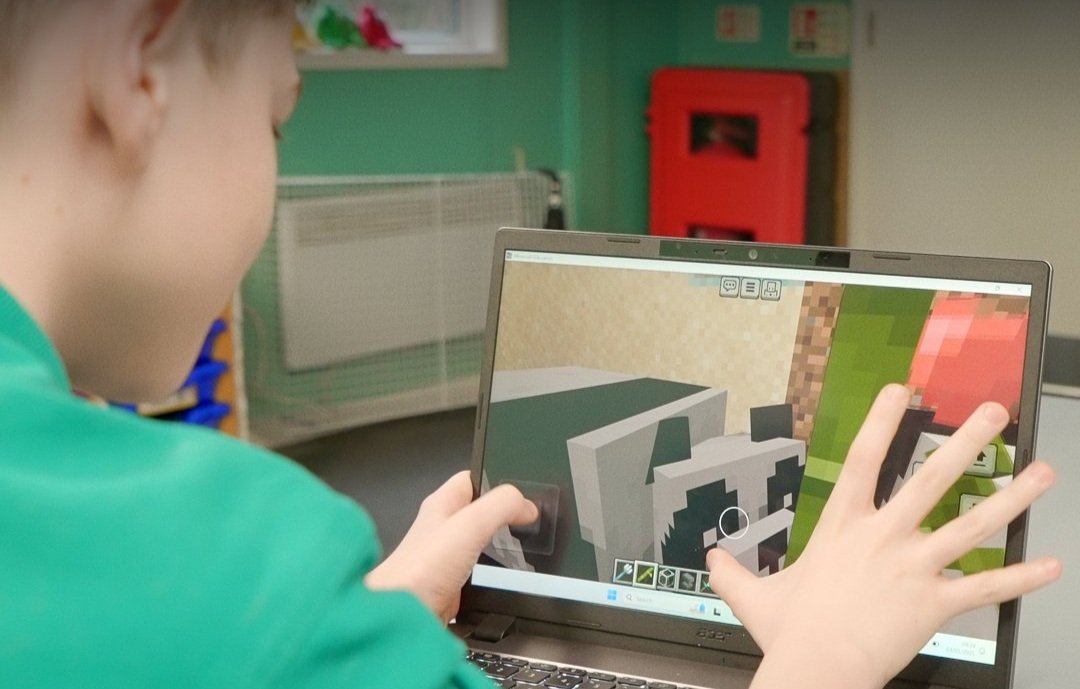8 practical ways to help your team master time management
We’ve all been there. The day starts full of promise, you’ve got a to-do list longer than your arm, and before you know it, it’s 5 p.m., and half of what you needed to do is still… well, undone.
When it comes to team dynamics, this happens even more often because, let’s face it, everyone’s juggling different priorities. As a leader, though, you can actually help your team get a lot better at managing their time—and the result? More productivity and less stress.
Lead By Example—Yes, They’re Watching You
The fact of the matter is that your team will often take their cues from you. And if you’re permanently racing the clock, juggling millions of duties, and/or sending emails at midnight, believe it or not, they probably are too. Eat your words and become the poster child for good time management. Let them see you set boundaries, use your time wisely, and prioritize what’s truly important. You don’t need to give them a TED Talk—just show them what it looks like in real life.
Clear Goals = Less Confusion
Nothing derails a day like not knowing what you’re actually supposed to be doing. When your team’s goals are unclear, they’ll spend more time guessing than actually getting work done. Break projects down into bite-sized, manageable tasks with deadlines that make sense. This keeps everyone on the same page, reduces wasted effort, and gives them a roadmap to follow. No one wants to feel like they’re working hard but getting absolutely nowhere.
The Magic Of Time Blocking
Ever feel like you’ve been “working” all day but didn’t actually finish a single thing? That’s probably because you’re switching between tasks too often. Encourage your team to try time blocking—a method where they dedicate chunks of their day to focus on one task at a time. Whether it’s 30 minutes or two hours, this trick can drastically improve their focus and productivity. It’s like giving their brains permission to stop bouncing from one thing to another.
Outsource Time Consuming Tasks
Just because certain tasks need to be done doesn’t mean your employees have to be the ones to sort them out. You could consider outsourcing some of the more time-consuming tasks, especially when they’re not directly related to your core offering. There are plenty of companies you can outsource to, from an email migration service to a marketing company.
Let Them Take Breaks (Seriously)
Do you want to know a surprising truth? Working nonstop doesn’t make anyone more productive. In fact, it does the complete opposite. The brain needs a break every once in a while. Encourage your team to step away from their screens, take a walk, or even do a quick breathing exercise. Trust me, those five-minute breaks can do wonders.
They should have these breaks fairly often, allowing them to do something that they want to do. Of course, there isn’t much that can be done in 5-10 minutes, but a quick scroll of the internet, a quick game of solitaire, or even a walk around the garden can be good for them though.
Help Them See Where The Time Goes—Literally
Sometimes, people just don’t realize where their time is going. One minute they’re checking emails, the next they’re down a rabbit hole. That’s where tools like timesheet software come in handy. Not only does it help your team track their work hours, but it also gives them (and you) insight into how time is spent across a bunch of different tasks. It’s not about micromanaging—it’s about giving them the ability to see patterns and make adjustments. With that kind of data, they will know exactly where they need to focus, which can reduce wasted time in a big way.
Actually, for businesses managing complex workflows, companies like Extolla specialize in optimising flow for supply chains, which ensures that processes run efficiently and without bottlenecks. The same principle applies to time management: by streamlining workflows and cutting out inefficiencies, your team can focus on what truly matters, rather than getting caught up in unnecessary distractions. In fact, in so many cases, hiring professionals to assess and refine business operations (like Extolla does for supply chains) can be one of the smartest ways to free up valuable time and improve overall efficiency.
The Eisenhower Matrix: Your Team’s New Best Friend
Prioritizing can be tricky. Everything feels urgent until you step back and realize… it’s not. Teach your team the Eisenhower Matrix—it’s a simple, four-box method for categorizing tasks by urgency and importance. This way, they can tackle the most important items first and save the less pressing ones for a little later. It’s an easy way to cut through the noise and focus on what truly moves the needle. Suddenly, that never-ending to-do list becomes a lot more manageable.
Communication Is Everything
There’s nothing worse than having time wasted due to a miscommunication. Whether it be a project that changed direction in mid-stream, or instructions unclear from the get-go, poor communication is a time thief. So, make sure your team feels comfortable asking questions, seeking clarification, and sharing updates. If everyone’s on the same page from the start, there’s less backtracking, fewer do-overs, and way more productivity.
Structure With Flexibility
Structure doesn’t have to mean rigidity. Yes, deadlines are important, and yes, tasks need to be completed, but allowing your team some flexibility in how they get there can actually improve their time management. Some people work better early in the morning, others hit their stride late afternoon. By offering the flexibility to work when they’re at their peak, you’ll likely see a huge boost in output. And for remote teams, this kind of flexibility can be a lifesaver.
The Bottom Line
Time management isn’t a one-size-fits-all solution, and it doesn’t happen overnight. But with these strategies, you can give your team the tools they need to manage their time better, stay focused, and avoid burnout.

























